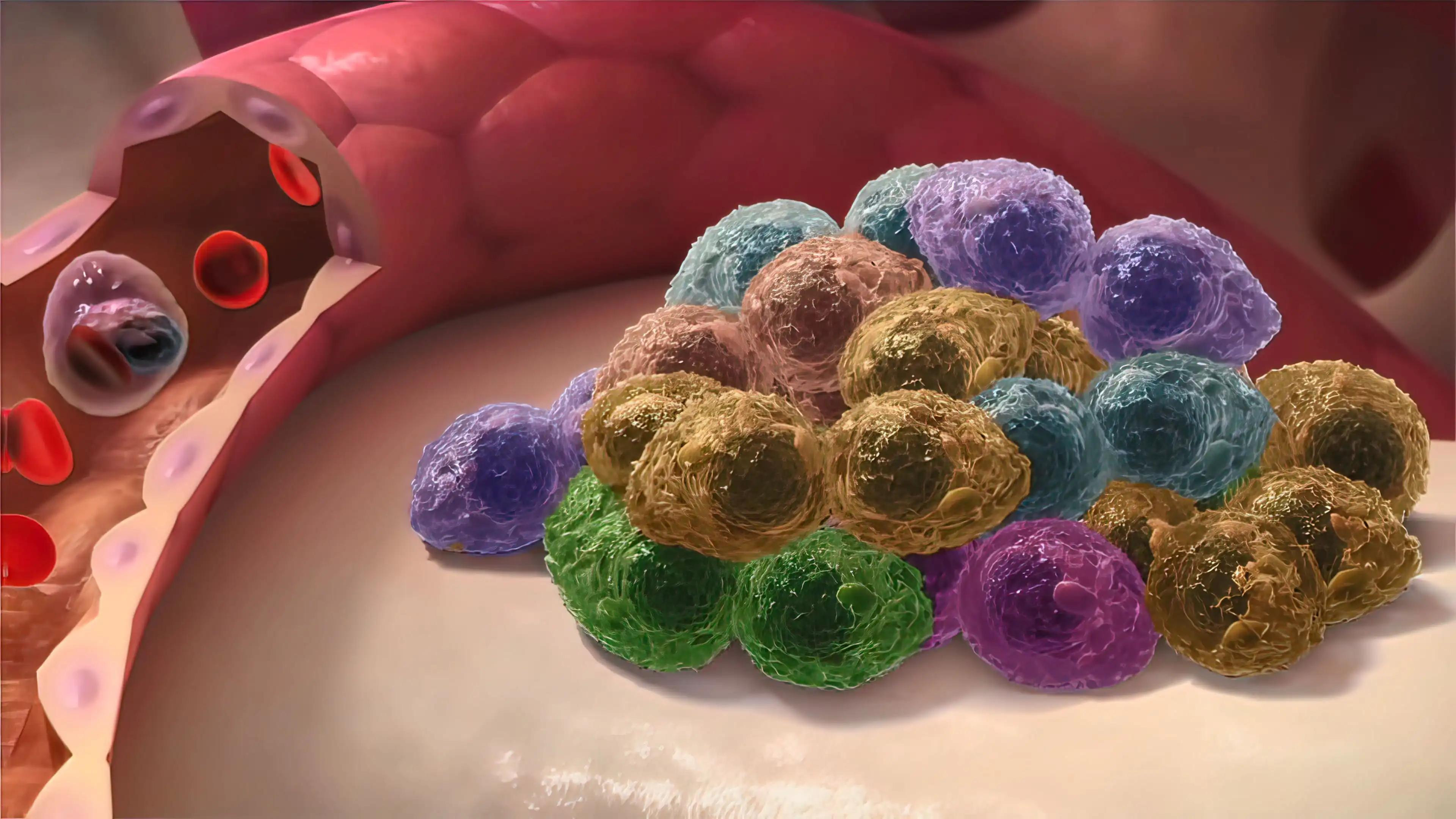KEY TAKEAWAYS
- The R-MPV, LOC-R01 phase 1 & 2 trial aimed to investigate the efficacy of combining ibrutinib or lenalidomide with R-MPV in patients with PCNSL.
- The primary endpoints were to determine DLT, CRR, CR, & uCR.
- Researchers observed that combining lenalidomide or ibrutinib with R-MPV is a feasible and safe first-line treatment for PCNSL.
Results from conventional induction chemotherapies for primary central nervous system lymphoma (PCNSL) indicate a need for improvement. Ibrutinib, a BTK inhibitor, and lenalidomide, an immunomodulatory agent, have demonstrated encouraging outcomes in relapsed cases, justifying further exploration of their use in conjunction with high-dose methotrexate-based chemotherapy.
Alcantara Marion and the team aimed to assess the feasibility and safety of combining ibrutinib or lenalidomide with R-MPV in patients with newly diagnosed PCNSL.
They performed an inclusive analysis of patients with newly diagnosed PCNSL who were randomized to receive 4, 28-day cycles of either ibrutinib or lenalidomide in combination with R-MPV (rituximab, methotrexate, procarbazine, vincristine, and prednisone) using a 3 + 3 design.
Patients who responded to the treatment then underwent consolidation with R-Cytarabine followed by intensive chemotherapy with autologous stem cell transplantation. The objective of the phase IB study was to define the recommended phase II dose (RP2D) based on the dose-limiting toxicity (DLT) observed during the first induction cycle.
About 26 patients (median age 52) were2D of ibrutinib and lenalidomide were determined to be 560 mg daily (D randomized in the study. Of these 4 DLTs were observed: 1 grade 5 case of aspergillosis and pneumocystosis, 1 grade 4 catheter-related infection, and 2 instances of grade 3 increased alanine aminotransferase levels.
The RPays 3-14 and Days 17-28) and 15 mg daily (Days 1-21), respectively, when combined with R-MPV. In both arms, the most frequent grade ≥3 treatment-related adverse events (TRAEs) included hepatic cytolysis, neutropenia, and infections. Additionally, 1 grade 4 case of Lyell’s syndrome was reported during cycle 2 in the lenalidomide arm. After 4 induction cycles, the overall response rates (ORR) were 76.9% for the lenalidomide arm and 83.3% for the ibrutinib arm.
The primary endpoint (PE) of phase IB was the incidence of a DLT during the first cycle for each treatment arm. While the PE of the ongoing phase II was the complete response rate (CR and unconfirmed complete response (uCR) as per IPCG criteria) after 4 cycles of induction therapy.
The study concluded that targeted induction therapies combining lenalidomide or ibrutinib with R-MPV are feasible for first-line (1L) treatment of PCNSL. The safety profile aligns with the established safety profiles of R-MPV and both targeted therapies. Ongoing investigations in the phase II part of the study will further assess these combinations.
The trial was sponsored by the Institut Curie.
Source: https://pubmed.ncbi.nlm.nih.gov/39300447/
Clinical Trial: https://clinicaltrials.gov/study/NCT04446962
Marion A, Marion C, Fabrice J, et al. (2024). “Phase IB part of LOC-R01, a LOC network non-comparative randomized phase IB/II study testing R-MPV in combination with escalating doses of lenalidomide or ibrutinib for newly diagnosed primary central nervous system lymphoma (PCNSL) patients.” J Hematol Oncol. 2024;17(1):86. Published 2024 Sep 19. doi:10.1186/s13045-024-01606-w



